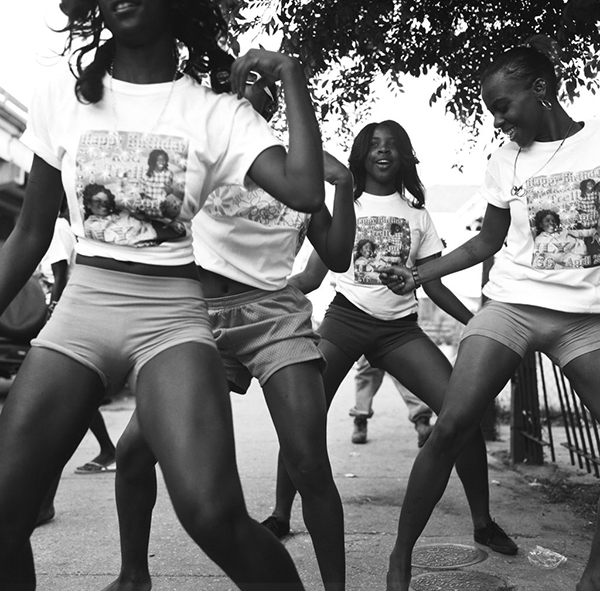Since I was a child, I have always visualized myself having a career that enabled me to express my voice and the freedom to create. Attending a Historically Black College (HBCU) laid the foundation, directing me down a path to study African Art and Art History, Africana Studies, and the history and evolution of Black Culture.
I have always been interested in the representation of Black people, the black experience, and how we are portrayed in mainstream culture. Driven to share my experience within my work, the intention is to celebrate Black people and our culture, while contributing and expanding on conversations around reclaiming the Black female body and the representation of Black people.
The Black Aesthetic
Edited by Addison Gayle Jr., The Black Aesthetic is a collection of essays from Black Artist and Scholars reflecting on the Civil Rights Movement and the Black Arts movement. While there is much writing and research about the Black experience, this text is a great resource for me because of the wide range of perspectives presented within the essays.
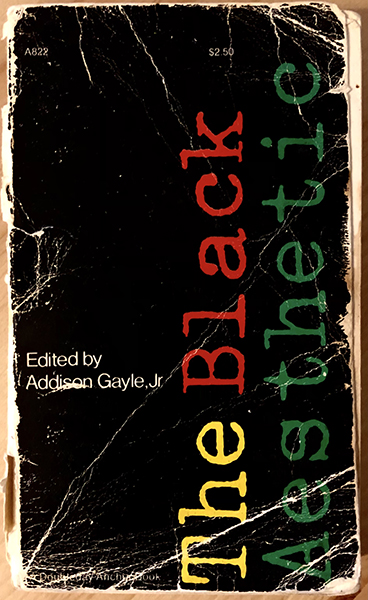
Black Africa
Black Africa is a collection of African artworks and essays depicting works from groups across the continent of Africa.
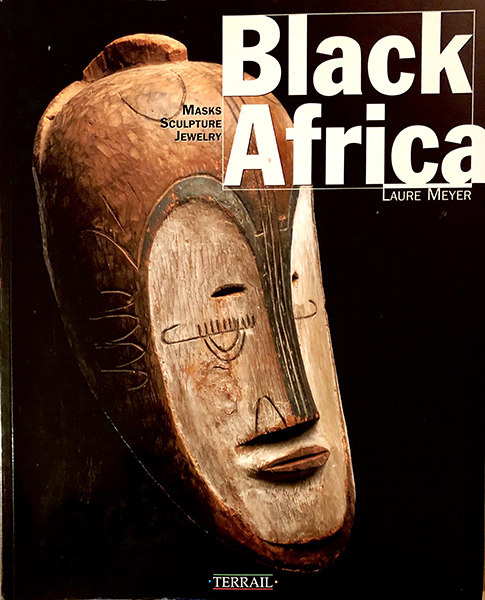
The Art of History: African American Women Artist Engage the Past
The Art of History is a collection of artworks and essays from African American Women artists. My mom always tried to instill in me to be feminine, dainty, and prissy but that was never a part of my aesthetic! I was always a tomboy, playing football with the boys in the neighborhood or using power tools and helping with work around the house. I was never interested in the idea that girls/women were not supposed to do things that were masculine. Looking to black woman in art, mostly sculptors, I found a representation of Black women working in mediums that were male dominant. The artworks of Elizabeth Catlett, Augusta Savage, Renée Stout, Simone Leigh, Wangechi Mutu and Kara Walker have influenced my work over the years.
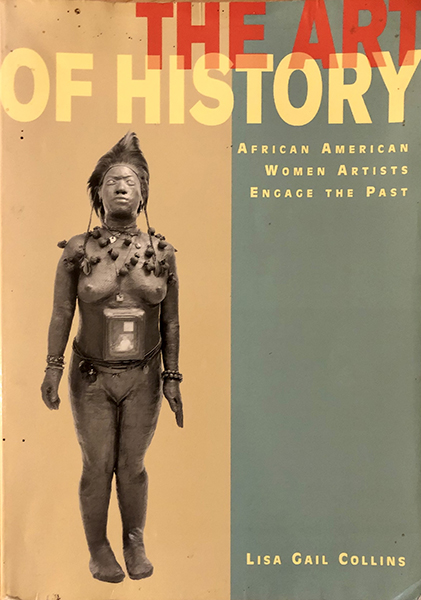
Black Womanhood: Images, Icons, and Ideologies of the African Body
This text examines the representation of the Black female body from the perspective of Black women contemporary artists and their interventions over historical images of Black women being displayed as exotic others, erotic fantasies, and super-maternal mammies.
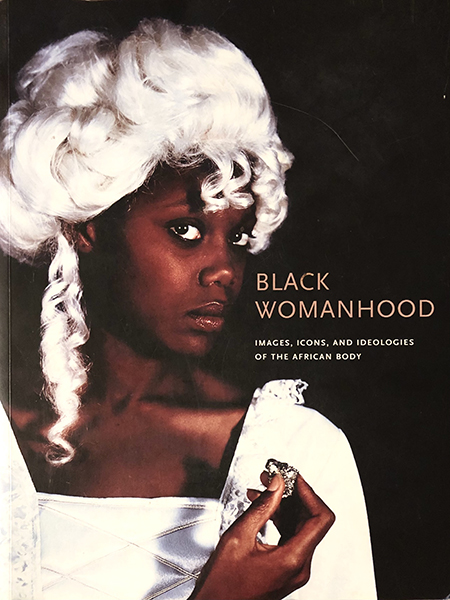
Afrofuturism 2.0: The Rise of Astro Blackness
I recently found an interest in Afrofuturism ideologies. My explorations with Afrofuturistic ideas have allowed me to incorporate more of my imagination into my making process, which further enables me to have more freedom to play with ideas of reimagining the Black female body and the representation of Black bodies.
Afrofuturism 2.0 expands on previous ideas related to Afrofuturism that were formed in the late 20th century and coined by Mark Dery. This book also broadens discussions around religion, architecture, visual art, and philosophy.
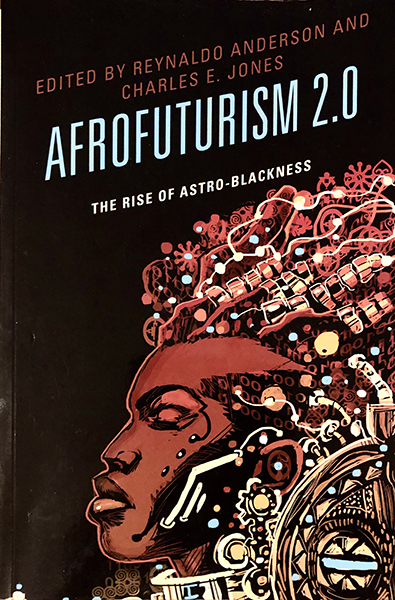
B.A.P.S
Growing up, I was introduced to a lot of movies that depicted Black life and culture. B.A.P.S (Black American Princess) is a movie about two friends from Atlanta and their move to LA. This movie also references Black hair culture, which was a huge influence in the artwork for Nasher Public, Beaucoup Shive / Madam C.J. Walker ain’t got nothin’ on me. I found it important to create a work that took up space in a way that had to be seen and there was no denying its presence. It was also important to represent Black culture.
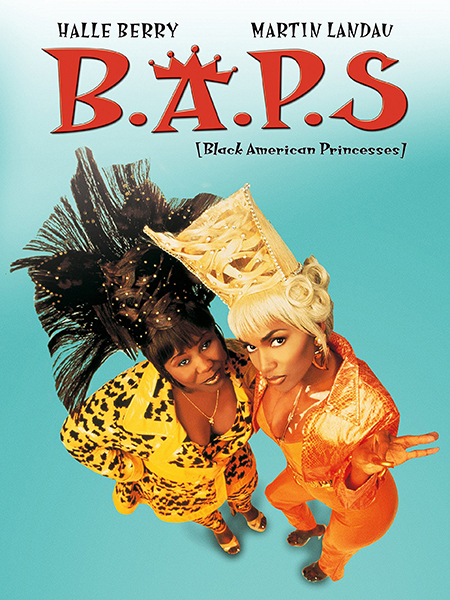
Deciding to use hair meant that I had to be very intentional in how I incorporated it into the piece, being that it was once a part of or attached to a black body. Outside of using hair, the aroma from black hair products such as Black Magic Oil Sheen and Pump It Up Spritz was also incorporated in the making and maintenance process of the piece.
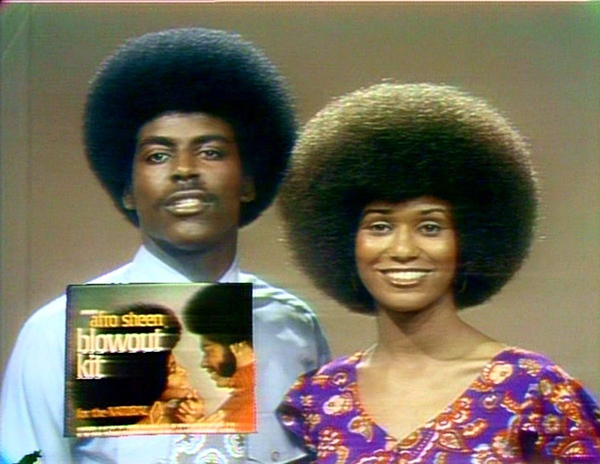
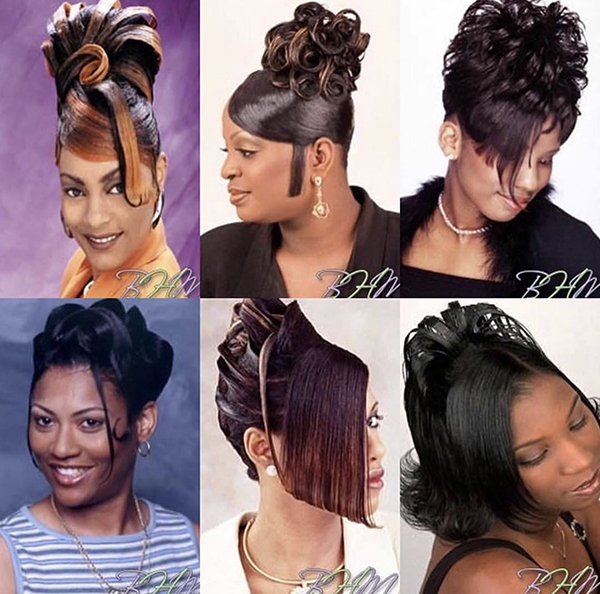
Bounce Music
Born and raised in New Orleans, the beats and lyrics of bounce music has always influenced the way I walk, talk, and create. New Orleans is a rhythmic city overflowing with culture and that was always important for me to carry and incorporate into my work. Throughout the duration of making this piece for Nasher Public, the entire weaving pattern was informed by bounce beats.
